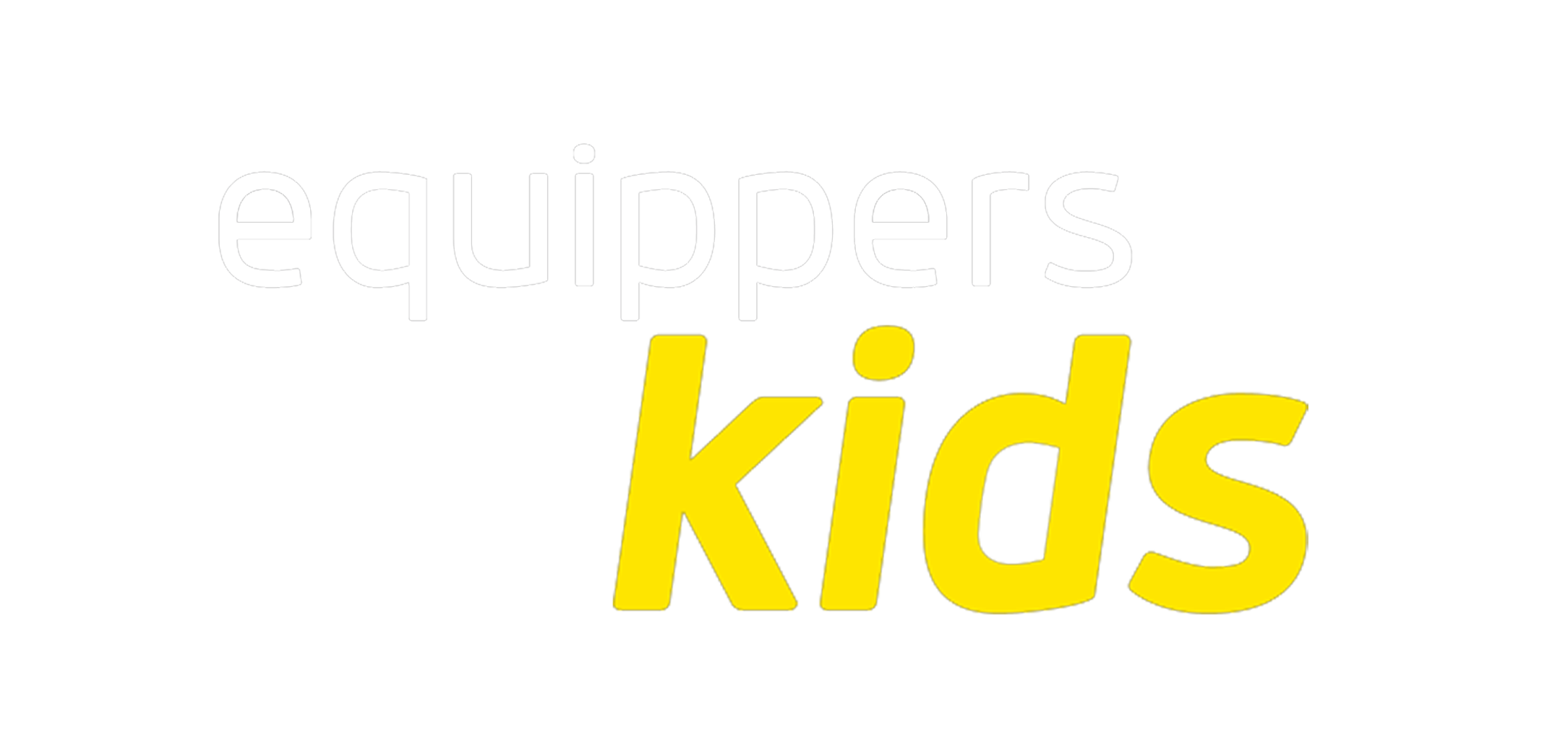Quit Criticising
All parents and caregivers know that raising competent, caring humans is hard work. We don’t always get it right, and neither did our own parents.
I saw this quote the other day and it stopped me in my tracks….
“When you criticise your child they wont stop loving you. They will stop loving themselves.”
If that isn’t food for thought I don’t know what is!
The Oxford dictionary says criticism is, “ the expression of disapproval of someone or something on the basis of perceived faults or mistakes”
Child Psychologist Karen Young from Hey Sigmund puts it like this:
Our words are powerful. They can light our children up from the inside out or they can land on their shoulders like little spears.
When criticism happens too often, those little
spears will find their way deep into the core of them. They’ll do damage and they’ll leave scars.
This is regardless of how that criticism is wrapped up – whether as discipline, frustration, teaching a lesson, or otherwise.
What we need to focus on is correction. The difference is clear – here’s an example.
Your toddler snatches a toy from a friend and refuses to give it back, making the friend very sad. You step in to mediate. “Why are you such a mean friend? You need to share.”
Correction looks more like this. “Please don’t take your friends toy without asking. You wouldn’t like it if she took your toy. Sharing is very important.” We then model sharing rather than snatching back the toy and returning it to the other child.
When we criticise we are telling them what is wrong with them in a negative and personal way - mean, selfish, rude, ugly etc.
With correction we explain why that behaviour wasn’t appropriate and we model a more appropriate behaviour. We always stay calm and caring (even when it’s hard!)
Criticism is judgement.
Correction is helping.
Advanced Psychology Services reminds us that:
Children almost always internalize criticism, taking it to heart and sometimes sustaining lasting emotional wounds in the process.
Criticism and correction (a necessary form of guidance) should not be mistaken for being one and the same. Criticism differs from correction in that it focuses more strongly on judging a child than helping her. When we correct a child, we gently inform her of an error she’s made and explain why her behaviour isn’t productive.

